The President of Barley, Malt, Hops & Beer Union Alexander Mordovin tells why it is important to define an alcohol package and also comments results of introduction of 18 rub. excise tax for beer.
Many a one has paid attention to paradox: beer of the same brand in Russian and Europe is different. Why? Buying rights for beer brand production, shall Russian companies brew beer of the same quality? No, say the President of Barley, Malt, Hops & Beer Union A. Morodvin.
“There are certain tasty European beer brands made of natural raw materials and fruits. Unfortunately, when these technologies come to Russia, it is substituted with aroma-containing components. Neither malt nor high quality hop is required, only fermentable sugar, providing alcohol base. Then it is watered down, carbonized and bottled. Maybe, I’m slightly exaggerating, by experts’ viewpoint, but beer production process looks exactly this way”.
Owners of popular brands are fine with this situation as they get royalty. A great business transaction is expected at the global brewing market. AB InBev is planning to buy SABMiller for 104 billion dollars. By experts’ opinion, if it occurs, 40% of the Russian market will be possessed by AB InBev-SABMiller and Baltika. It means that large players will dictate terms.
Refer to The greatest business beer deal :AB InBev is swallowing up SAB Miller
Thanks to efforts of lobbyists, the second reading of the draft bill concerning PET prohibition has been postponed several times. Why is the issue, concerning beer keeping important? Alexander Mordovin answers this question as an expert of the Weihenstephan Research Center of the Munich Technical University.
What is PET? PET is polyethylene terephthalate, thermoplastic. During it transformation to a bottle and then to the pre-form, hundreds of harmful monomers are added. The list of permitted and prohibited monomers in the European community includes 2 thousand positions, one thousand of which is strictly prohibited. And in Russia, there are no limits for using of mentioned monomers and additives”.
In other words, nobody in Russia knows, what monomers (permitted or prohibited) were used in PET production. In February 2015, the Russian Academy of National Economy provided research results concerning dibutylphthalate emission, a toxic agent causing toxic hepatitis, dysimmunity and sexual dysfunction. But if a bottle is even made of normal materials, physical and chemical sciences don’t make a compromise for issues concerning product quality kept in PET containers.
“PET is transparent to gases escaping outside and getting inside.
And beer is subject to aging process and oxygen getting inside the bottle, causes souring. German scientists have been conducting researches for several times and according to the results, beer souring is glaringly obvious in two weeks: it thickens and leaves sediment”.
As PET container walls are transparent, a reverse process takes place.
Carbon dioxide diffuses outside and a loss for 6 months (it is a keeping time of beer in PET) is 50%, that’s why it is inflated. There is a section of additional carbonization in Russian brewing plants: beer is inflated with carbon dioxide in order to replenish a carbon dioxide loss, diffused outside. Take fresh beer in PET: a bottle is like an over inflated ball.
In Europe, glass bottles or cans are generally used. Plastic package is used in minimum that is often due to legislative requirements and PET containers are of another quality.
“A bottle consists of several layers that prevent carbon dioxide escape. If you peep into a bottle cap, you’ll see a special liner catching all harmful agents”.
By experts’ opinion, costs for production of this bottle are equal to a glass returnable bottle. So, there is no such PET bottles in Russia.
“We all know about the shadow vodka market in Russia and now we have an excise tax for beer – 18 rub./litre. So, a very serious competitor to the shadow alcohol market – a brewing market appeared. A sum of unpaid excise taxes reached tens of billions and continues increasing. There is no responsibility and licensing, so it is a norm to produce and not to pay excise taxes in Russia”.
But, an expert admit the possibility of PET use for beer – only if a person buys craft beer in the store or pub and just take it home.
Source: http://www.bfm.ru/news/305381






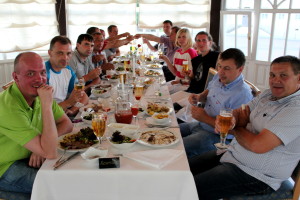
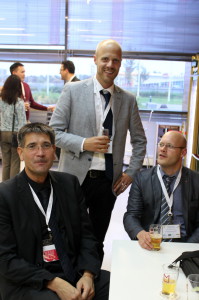
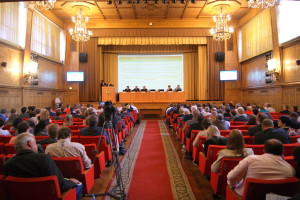

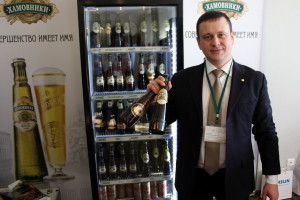
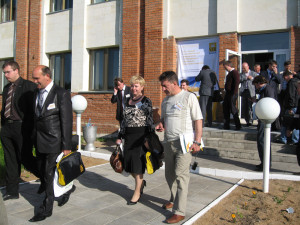
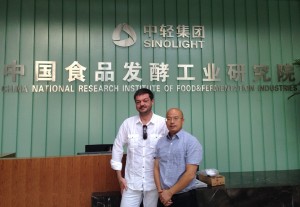

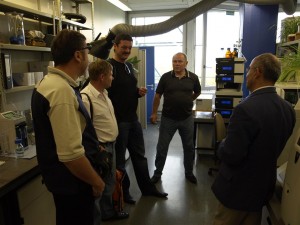
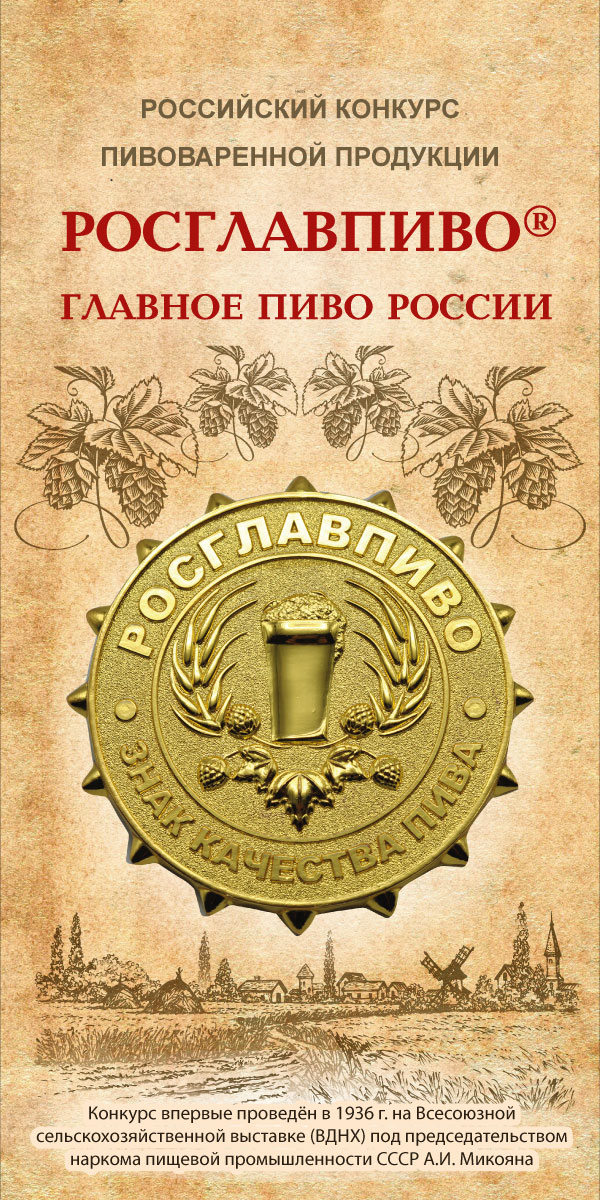
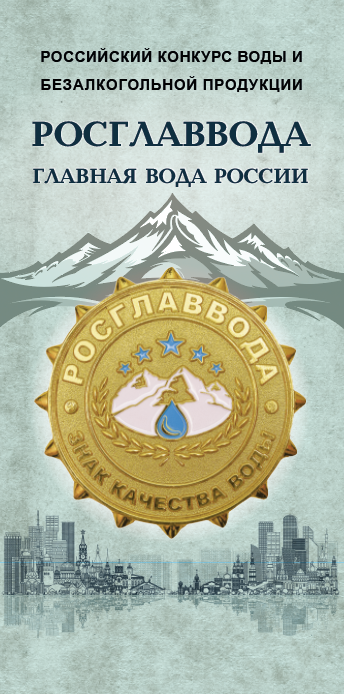
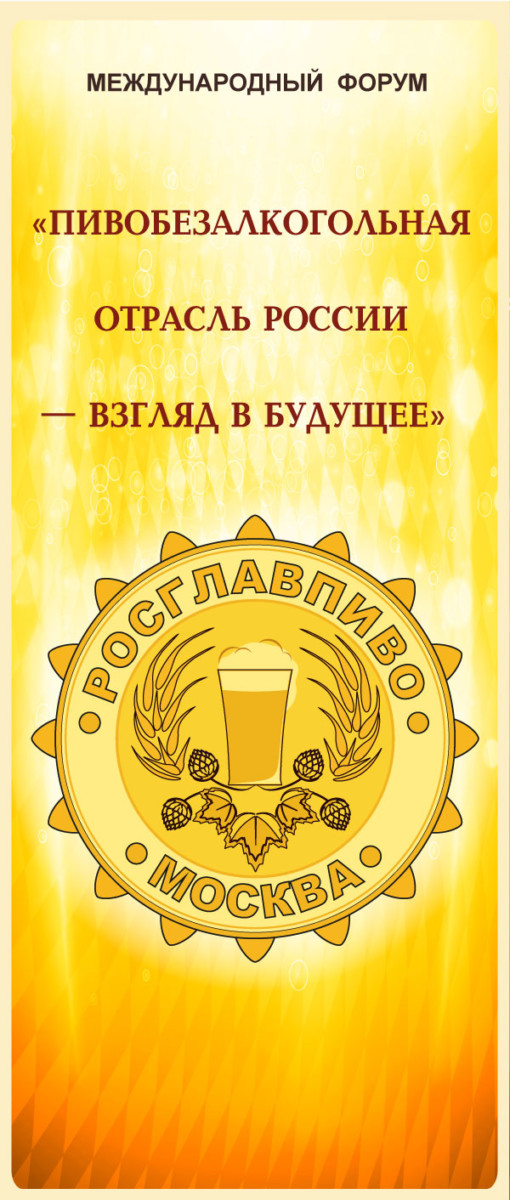

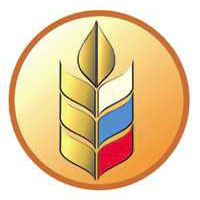
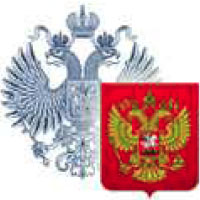
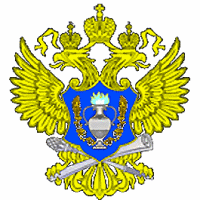
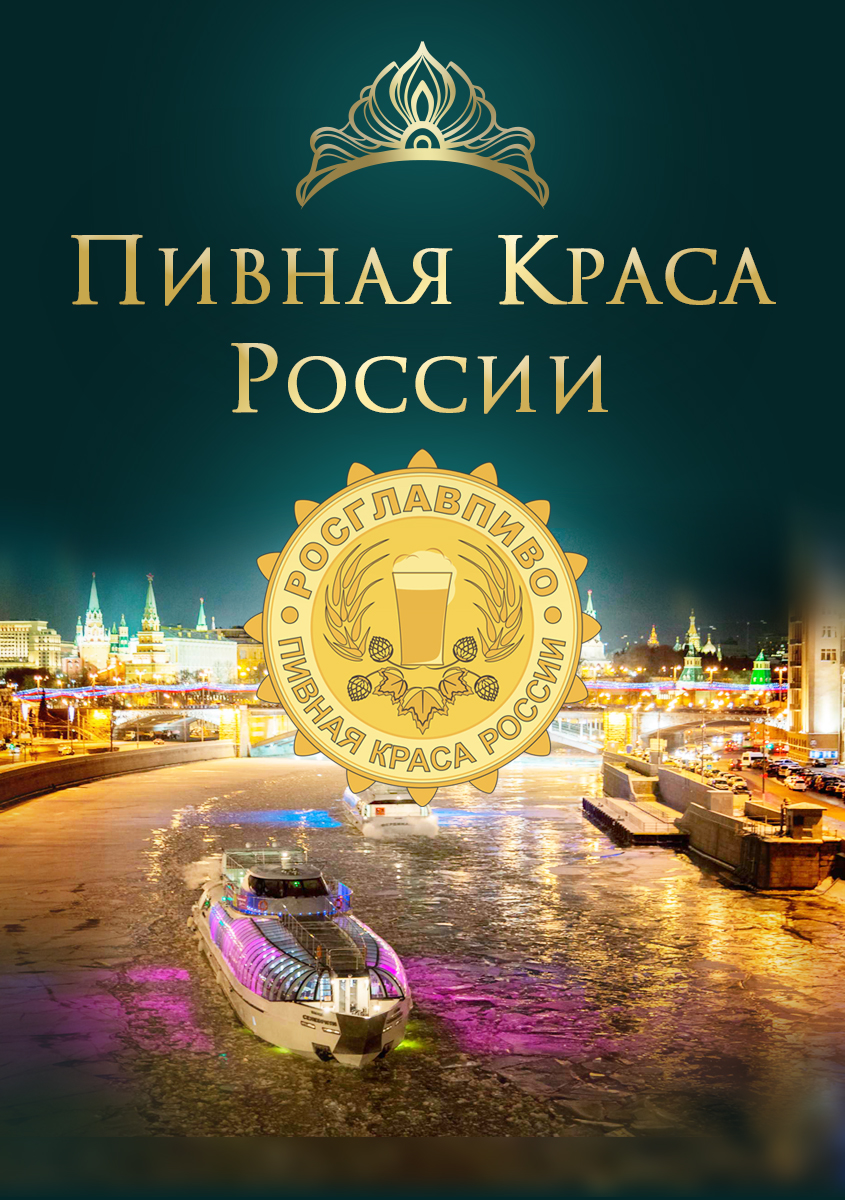
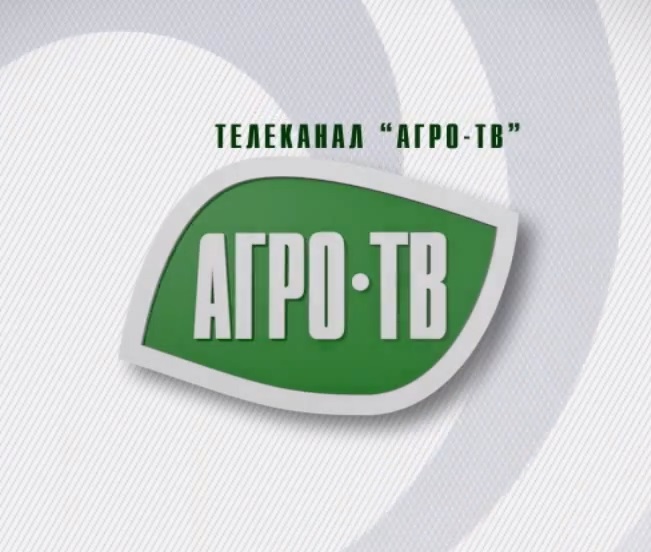

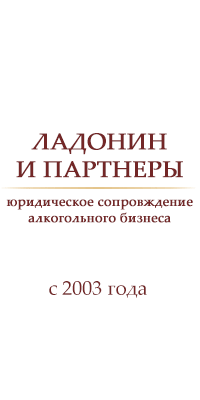
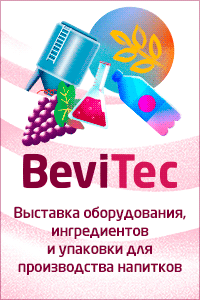
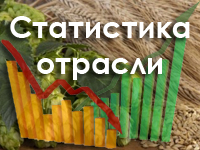
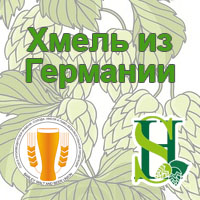


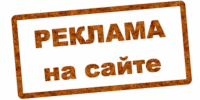
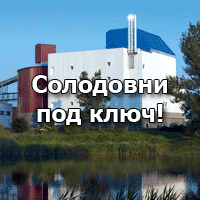
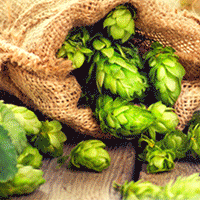

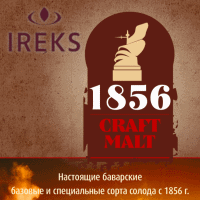
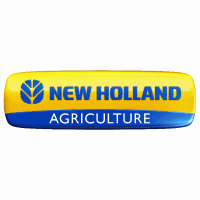
No comments